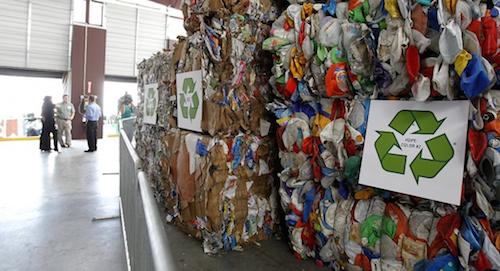The decline in oil prices and its consequences for recycling as reported recently by The New York Times is not being seen everywhere. Programs and enterprises in many towns and cities are maintaining and even increasing recycling and diversion rates. It’s important to remember that while recycling markets fluctuate the costs of replacement landfill and incinerator options for waste always increases dramatically.
Avoided costs of disposal are more important to local government budgets and for local jobs. Worcester, MA, a city of 200,000, avoided $99 million since it started serious recycling 23 years ago. Minnesota has created 138,000 jobs over the same time frame. Recycling, composting and reuse are 6% of the state’s economy, and pay $3.5 billion in wages and generate $26 billion in sales.
Local governments that have stagnant levels of recycling and diversion are missing out on financial, economic and environmental benefits.





